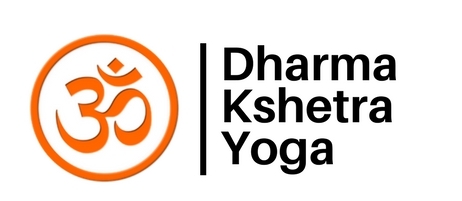This is the first in the series “Yoga 101,” clarifying important aspects of historic and modern yoga. Have a suggestion for a future post? Share it with us here!
What is Yoga?
Yoga - it’s not just ‘for people!
“Yoga” is an ancient Sanskrit word that means “union.” But union of what? The different layers of our existence, including body, breath and mind.
Today, many view yoga as a series of postures that enhance flexibility and strength. In fact, almost anything can be transformed into a yoga practice. Walking while staying present with your surroundings is a form of yoga. Mentally repeating affirmations is a centuries-old technique of yoga. Even eating with attention to the taste and texture of each bite is a formal practice at yoga centers all over the world.
What we now call yoga originated millennia ago on the Indian subcontinent. Over time, several different approaches were developed and passed down both orally and in writing (watch for the upcoming post The Multifaceted Gem of Yoga for more detail). Some of these time-tested teachings provide intriguing ideas of all that yoga can encompass:
The Hatha Yoga Pradipika, written around the 15th century, calls yoga a refuge from suffering, which explains why so many come to yoga for relief of physical discomfort and mental stress.
The Yoga Sutras, organized by Patanjali about 2300 years ago, states “Yoga is the stopping of the patterns of the mind.” This approach outlines aspects of meditation to help us function better individually and as part of a family and society.
And the Bhagavad Gita, even older than the above texts, says “Inner balance is called yoga” (verse 2.48) and “Yoga is skill in action.” (verse 2.50). It emphasizes incorporating yoga into our work and using it to find and embrace our life’s purpose.
These examples show that yoga can be adapted to each individual’s needs. Modern approaches support that premise by providing many options for learning: private sessions, group classes, workshops, retreats and study groups, both in-person and online.
Which aspects of yoga could benefit your life?

